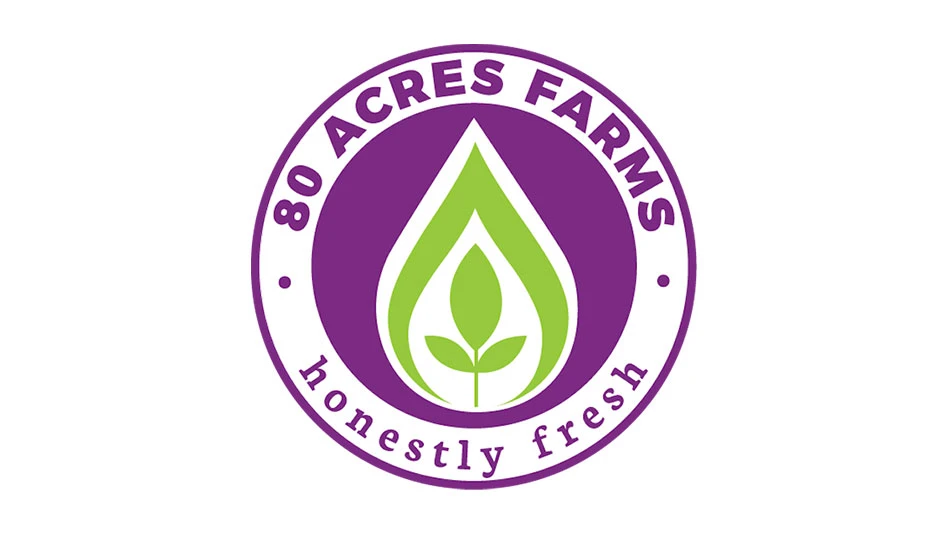

Adelante Mujeres, based in Forest Grove, Oregon, provides various educational opportunities to low-income Latina women and their families. By partnering with the VeggieRx program, a state-wide initiative through which doctors and nurses can offer vouchers for purhcases of fresh fruits and veggies, they’re aiming to encourage good eating habits and improve the overall health of the community. The area Adelante Mujeres serves is home to many migrant farm workers, as well full-time agricultural workers.
“For a long time, we have just been thinking about our community, and the Latinx community in general in Oregon, and how we are plagued with diabetes and obesity and a lot of diet-related diseases,” says Nutrition and Farmers Market Manager Kaely Summers. “The families we are working with are Spanish speakers dealing with food insecurity and are at risk with diet-related diseases.”
Produce Grower: In trying to serve this community, how do you discuss VeggieRx and its benefits?
Kaely Summers: We come to it with a positive messaging strategy. We don’t want to tell people, “You can’t eat this.” We really talk about eating more fruits and vegetables, and really vegetables specifically. People don’t need to be convinced to eat fruit. With vegetables, we talk about it in an engaging way, like how the recipes and dishes you’re making day-to-day can have more vegetables by substituting a few things. So, if people are used to eating tomatoes and iceberg lettuce, how do we swap out the iceberg lettuce for something more nutrient-dense?
PG: How does Adelante Mujeres specifically tailor the program for the Latinx community it serves?
KS: All of our cooking classes and coaching and other services are offered in Spanish. Our staff is about 85% Latino and native Spanish speakers. I’m fluent in Spanish as well and the majority of our staff is bilingual as well. We started it in 2015 and we’ve been working on a small scale — about 25 families a year. But what we’ve been talking about with them is the challenges that it faces, how it can be scaled up and what they need. For us, that includes the Forest Grove Farmers Market, which we give families vouchers to. Historically, these markets have been catered to middle-to-upper class white families, so there is that perceived barrier for some. But what we are really trying to do is open up that market so we’ve got a cross-section of who is actually in our community and that all people feel comfortable.
PG: Out of the produce items you have worked to introduce, what has the community embraced?
KS: Folks [in our community] are fairly accustomed to eating tomatoes, cucumbers, chiles, corn and beans. Squash is another one. Herbs like cilantro are popular too. So in our cooking classes, we are trying to introduce folks to vegetables that they’ve maybe never heard of before. Wild mushrooms are one thing that are harvested here that are also harvested in places like Mexico and Guatemala, and families will say, “Oh yeah, that brings back a memory when I was a kid.” That’s how we try to introduce different things but recognizing that it’s hard to change your diet completely.

Explore the June 2019 Issue
Check out more from this issue and find your next story to read.
Latest from Produce Grower
- The Growth Industry Episode 3: Across the Pond with Neville Stein
- University of Evansville launches 'We Grow Aces!' to tackle food insecurity with anu, eko Solutions
- Lawsuit challenges new H-2 visa rules
- Q&A: Sandra Eskin Leads Food Safety Advocacy Organization, STOP, as CEO
- Find out what's in FMI's Power of Produce 2025 report
- Martin A. Makary Sworn in as FDA Commissioner
- PG CEA HERB Part 2: Analyzing basil nutrient disorders
- LettUs Grow, KG Systems partner on Advanced Aeroponics technology





